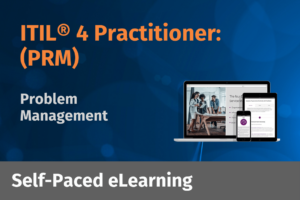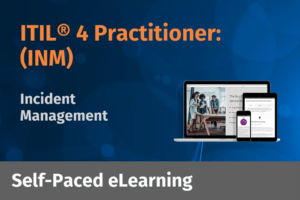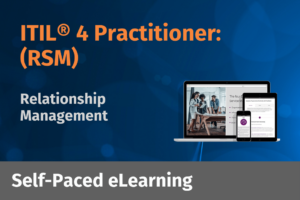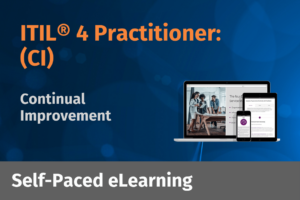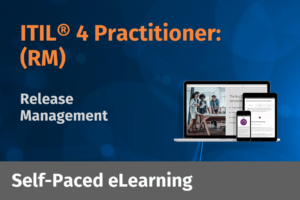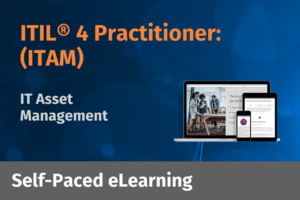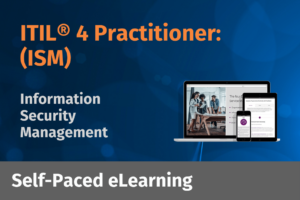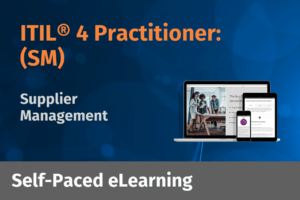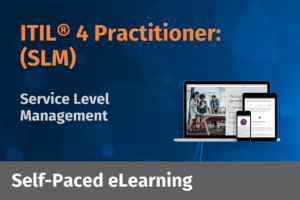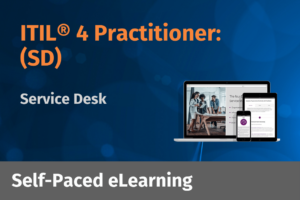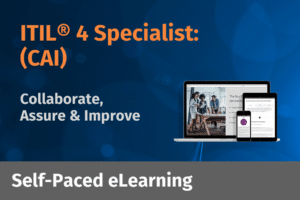Learning and upgrading employee skills makes business sense.
Professional development training is overlooked and underappreciated as an employee retention and recruitment tool. In fact, it’s often one of the first things to go when budgets get cut. However, staff training is essential for specific purposes related to your business. Incorporating training that develops employees toward long-term career goals can also promote greater job satisfaction. A more satisfied employee is likely to stay longer and be more productive while on your team.
Offering professional development training programs allow employees to perform better and prepare them for positions of greater responsibility. Investing in each of your workers is beneficial to the whole organisation and can boost the bottom line.
Despite the initial monetary expenses, staff training pays back your investment. Here are just some of the reasons to implement development initiatives:
Training increases productivity. Encouraging your employees to train in relevant subjects and applications can have an immediate effect on productivity. Professional development can also help raise overall staff expertise when employees with vastly different backgrounds and levels of experience are encouraged to share information.
- You boost employees’ job satisfaction. When staff members can do their jobs more effectively, they become more confident. This leads to greater job satisfaction and improved employee retention.
- Training helps your business run better. Trained employees will be better equipped to deliver on customer expectations, drive sustainable business growth or improve systems and processes to increase efficiency.
- Training is essential for knowledge transfer. It’s very important to share knowledge among your staff. If only one person has special skills, you’ll have a tough time recouping their knowledge if they suddenly leave the company. Spread knowledge around — it’s like diversifying your investments.
- Training promotes job satisfaction. Nurturing employees to develop more rounded skill sets will help them contribute to the company. The more engaged and involved they are in striving for your success, the greater your rewards.
- Training is a retention tool, instilling loyalty and commitment from good workers. Staff looking for the next challenge will be more likely to stay if you offer ways for them to learn and grow while at your company. Don’t give them a reason to move on by letting them stagnate once they’ve mastered initial tasks.
- Training is a recruiting tool. Today’s young workers want more than a pay-cheque. They are geared toward seeking employment that allows them to develop new skills. You are more likely to attract and retain good employees if you can offer development opportunities.
Learning and upgrading employee skills makes business sense. It starts from day one and becomes successive as your employees grow. Granted, it may take some time to see a return on your investment, but the long-term gains associated with employee training make a significant difference. The short-term expense of a training program ensures you keep qualified and productive workers who will help your company succeed. That’s an investment you can take to the bank.
For organisations looking to establish a structured professional development programme across a number of team members and skill sets, we have a range of courses that can be delivered as a standalone training course, or as part of a wider series of training events to ensure your team has the right training and professional development to enable them to be effective in their roles.








